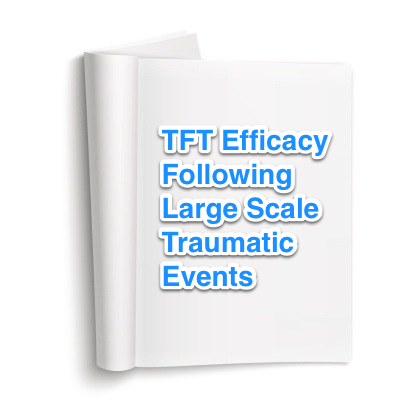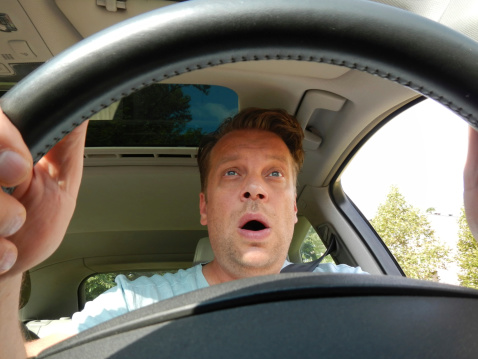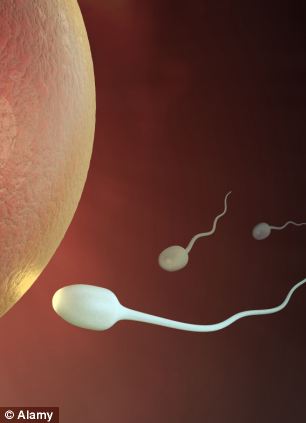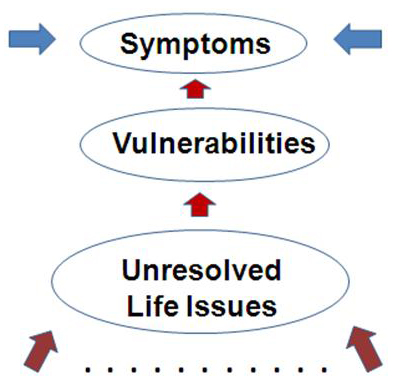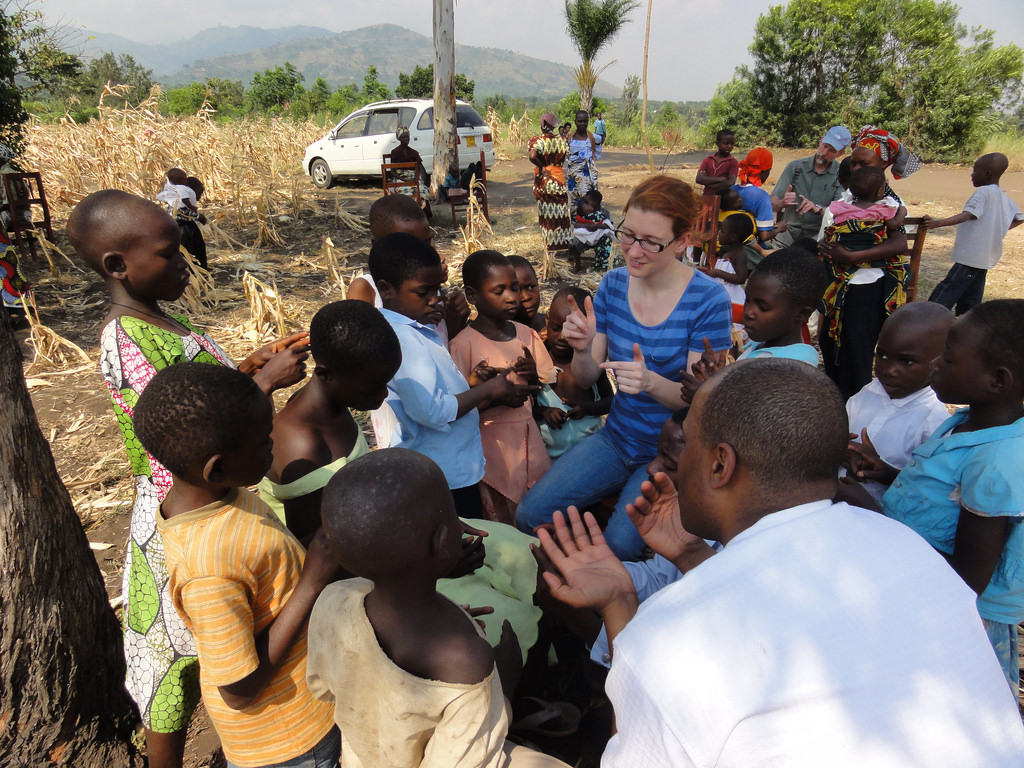Since the year 2004, 10 years after the Rwanda genocide took place, April 7 has become an annual Day of Remembrance of the Victims of the Rwanda Genocide. The commemoration actually lasts the entire month of April and commemorates the deaths of 800,000 people who were murdered during the 1994 genocide. Celestin Mitabu is a TFT practitioner and trainer who is dedicated to relieving the suffering of his fellow Rwandans. The video above is a synopsis of how he and others helped heal trauma with TFT during the 2014 commemoration, the 20th anniversary of the genocide.
Following is a further description:
By Celestin Mitabu, TFT Trainer, Greats Lakes, Rwanda:
During the first week of the commemoration on 7th 4/2014 we send our team to Amahoro National Stadium to help people. Many of our therapist that served at Amahoro stadium are University Students survivals of the Genocide known as ARG. TFT–Have trained many of the ARG students and we have been working well with them and they are very committed to help people during this time.
We have a total number of 184 TFT therapists who helped people during this period of commemoration, and they have been giving me daily reports after every treatment. I have received many encouraging reports from practitioners….We are planning to have a common meeting at the end of the commemoration which will include all 184 therapists and we will hear testimonies because they treated many people and they have different testimonies. Some told me that after treatment some of the clients asked them contacts so that they will meet another time which to me is very good.
Sandrine told me that when she was treating some one in Nyamirambo Stadium there came a Medical Doctor working with the Ministry of Health he is an Egyptian man he was like confused while watching Sandrine practicing TFT until he told her to leave the client alone, but Nancy, who is in charge of Mental Health at the Ministry of Health, told Sandrine to continue and the results was positif at the end.
Last year during the commemoration, TFT started at the grass root level (Villages, Cells, Sectors, and Districts), but this year we started at the National level (National Stadium of Amahoro, Regional Stadium of Nyamirambo, and famer site of Nyanz Kicukiro among others). Last year, because we started at the lower level wherever we went, TFT controlled the treatment, but this year, because we started from the top and were mixed with different teams (Medical Doctors, Mental Health agent, different Humanitarian Organizations: Ibuka, CNLG, Haguruka, etc.), we all worked under the control and protocol of the Ministry of Health. That is why, before starting to get involved in the treatments at the top level, we applied to the Ministry in charge and CNLG for recognition. And we did the TFT Campaign ahead of the treatment, and the campaign was taken to the Universities where you find people that are in charge of the Humanitarian work/helping.
Another great thing that we did during this first commemoration week is that I taught TFT to two different Rwanda Community Radios: Musanze/Ruhengeri Community Radio and Rubavu/Gisenyi community Radio. Each Radio station gave me one hour and fifteen minutes. The topic was Trauma Control. At Musanze, I was interviewed by a journalist first to tell the listeners what TFT means and how it came about. Then how we do our activities and what are the results. Then I taught the Trauma Algorithm. I told them about the Major treatments of trauma, the 9G , 2 reversals, and how to set the SUD. Our listeners called us asking questions for help. They are still calling. At the end of the teaching, the chief Editor requested if we can have a permanent teaching on the Radio, saying the teachings are very relevant and appropriate to the event.
From Musanze/Ruhengeri we went to Rubavu, which is a different District, and we had the same teachings and the same methodologies, but we were interviewed by the Chef Editor and another Journalist. After teaching we were asked more questions by the Journalist and listeners–more than the first interview. At the end, the Chef Editor said to us it would be good for every village in Rwanda to have at least two therapist trained in TFT.
To us this is a great achievement, to spend 2hrs and 30 minutes teaching TFT on different Radio stations and have million(s) listening to us, especially that the teachings took place at 5:00 and 8:00, when everybody is at home after work relaxing.
Some of the pictures taken from the studio, it as still day time but the second teachings at Rubavu /Ruhengeri it was night and pictures are dork but the journalist who is working for our documentary told me that he will add light to those night pictures.

